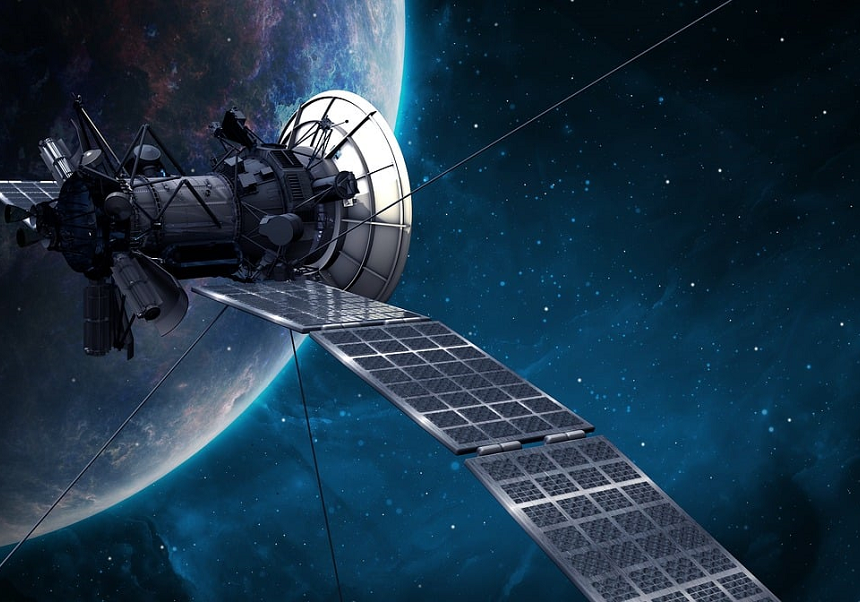
The ARTEC group of IRTIC contributes in matters related to virtual reality (VR) and augmented reality (AR) systems in the project "SD4EO: Physically-based Synthetic Data for Earth Observation", which aims to generate digital representations of cities and crops that follow real patterns to train artificial intelligence (AI) algorithms and, therefore, improve predictions regarding these sites in terms of elements such as climate change or energy consumption. Thus, it will complement the data provided by satellites in cases where, on their own, they are insufficient to evaluate these elements of the evolution of cities and plantations.
To this end, SD4EO will use physics-based simulations and AI to enhance Earth observation datasets by integrating 3D graphics developed to emulate locations, or synthetic data, into what are known as analytical Earth Observation (EO) pipelines. These pipelines bring together in one place data obtained from different sources that facilitate entities to study them and will be driven by AI (AI4EO); likewise, they will address the challenge of categorizing targets in EO, oriented to the study of climate change and the evolution of cities.
In this way, the project will improve the robustness, control and versatility of the data generation process for training AI algorithms, allowing the integration of real measurements from EO sensors with synthetic data and improving the accuracy of models for categorizing and assessing climate evolution and energy consumption of settlements.
ARTEC's team is collaborating in the initiative with GMV, an entity contributing its expertise in the fields of Earth Observation and AI-based simulation in this project involving private companies and startups from countries like the UK, Italy and Spain. The action, funded by the European Space Agency (ESA) FutureEO program and supervised by the agency's Phi Lab, kicked off in October 2023 and will end in December 2024.











